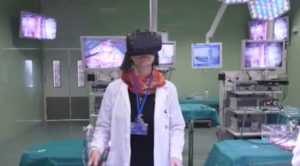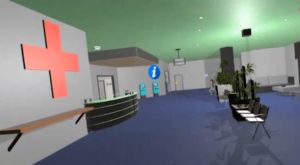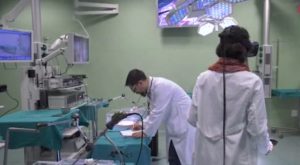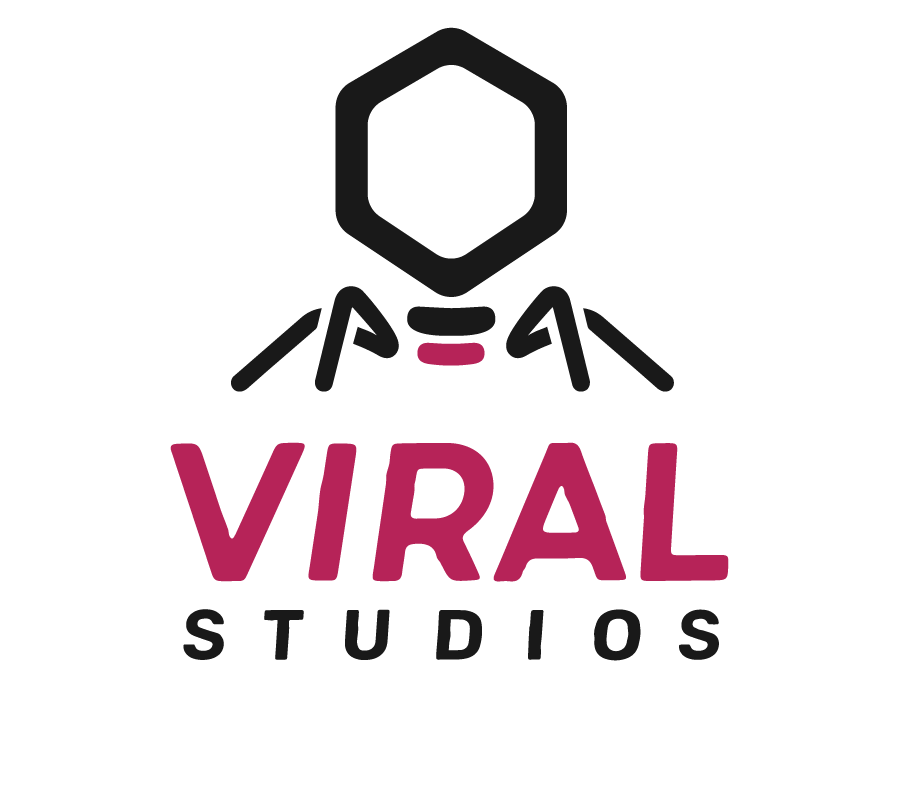RESEARCH AND DEVELOPMENT IN HEALTHCARE
Surgery Staff training using VR (see VSS)
In recent years, new technologies have been introduced in the market that aim to break with the ‘face to face’ pedagogical methodology that has been carried out so far, making non-present learning much more viable. Virtual Reality stands out among them, which allows an immersion never reached by other technologies, by translating the user to a virtual space and allowing them to interact with the environment.
Considering this, the object of this project is to investigate a new methodology of training in surgery using serious games for Virtual Reality laboratories, in order to acquire the necessary knowledge for the creation of a new pedagogical process that improves ostensibly the current training systems.
90.000€ and 250.00 € grants obtained in the first and second phase, respectively



VR teleportation
We study a 3D capture system that will be visualized in a virtual reality headset in real time. The project aims to be a starting point that, in the future, can be useful for a multitude of applications in general: education, industry, etc., and for teaching in particular.
Main investigation phases:
- 3D image capture.
- Multiple devices synchronization.
- 3D mesh.
- 3D model compression.
- Virtual Reality immersion.
- Simulations and tests in lab.
56.000 € grant obtained
Medical Literacy using AR
Medical literacy is the ability to obtain, read, understand and use medical information for taking appropriate health decisions and following instructions for a particular treatment. Nowadays, a lot of patients do not fully understand the indications the doctor gives them, which results in a poor following of the treatment, ignorance of the surgery they are going to have or the risks involved with it, and even signing the corresponding informed consent.
Many of the research works in the field of medical literacy have studied how it influences the health of individuals, the most vulnerable risk groups and the economic cost of poor health literacy. Health literacy has a direct and significant impact on individual and public health that is especially evident in the most vulnerable groups (the elderly, polymedicated, chronically ill …) and that has been related to a problematic understanding of health information and medical instructions , inadequate self-management of the disease, limited use of preventive resources, an increase in hospitalizations and health costs, and an increase in mortality rates.
